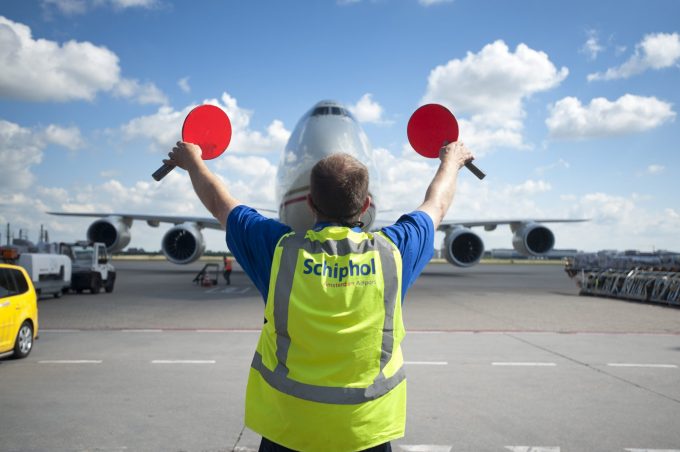Liege Airport sets new record for cargo this year, as more carriers arrive
Success begets success: certainly in the case of Liege Airport (LGG), which in a fairly ...

The Dutch cargo community is up in arms at the apparent refusal of Schiphol Airport to work with it to ensure cargo retains capacity, as well as its stature and importance to the country.
Supply chain stakeholders, from handlers and airlines to shippers and forwarders, are angry that the airport is not defending freighter slots; that it has suggested cutting the number of airside cargo handlers from five to three; and that it appears to want to reduce its cargo department ...
Maersk Air Cargo sees volumes fall as it aims for 'margin in favour of revenue'
Keep our news independent, by supporting The Loadstar
Container spot rates diverge: to Europe still falling, but firmer to the US
Hapag-Lloyd won't take bookings if port congestion leaves cargo stranded
Ecommerce likely the front-runner in resurge of transpacific trade after deal
Airfreight players eye new routes as demand on the transpacific nosedives
China-US trade tariff pause could drive a rebound for transpacific rates
Service chaos from trade ban with India a problem for Pakistan shippers
Volume surge and an early peak season? 'Don't celebrate too soon,' warning
Airfreight rates ex-China 'loss-making', but hopes of a trade deal stay high
Indian coastal freight attracts major carriers, but regional tension disrupts
Serious threat to jobs in US logistics as tariffs cause economic 'stagflation'
APMM floats along on 'solid' Q1 profitability in Ocean, well prepared for choppy water
White House u-turns see freighters flying but keep logistics players on their toes
Carriers impose 'emergency operation' surcharges on Pakistan cargo
MSC in terminal switch as Nhava Sheva gets strong start to new fiscal year

Comment on this article